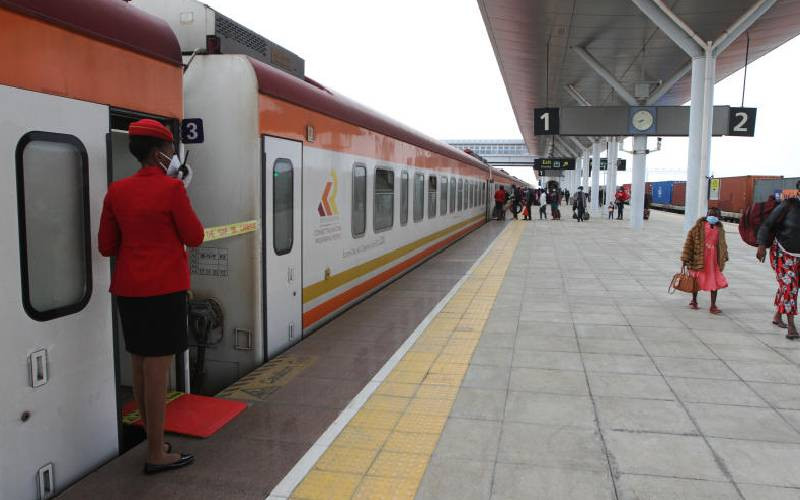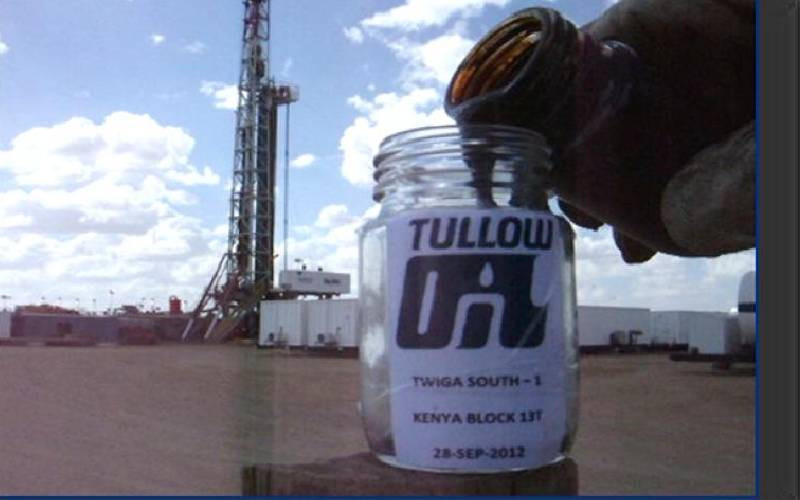×
The Standard e-Paper
Kenya’s Boldest Voice
Kenya's first rail network, linking Kenya and Uganda, was completed in the 1900s.
Colloquially known as the 'Lunatic Express', the project claimed the lives of 2,500 construction workers, some of who were eaten by the famed 'Man Eaters of Tsavo' who had acquired an affinity for human flesh.







